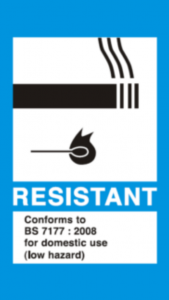You might be able to stop others from being scammed if you report a scam.
You should report the scam to more than one organisation – report it to:
- the Citizens Advice Consumer Service first
- Action Fraud – or Royal Mail if you’ve been scammed by post
Give as much information as you can – for example, dates, names and email addresses.
Get help if you’ve shared your bank details. Your bank might be able to refund some of the money or block your cards.
If you’ve been threatened with violence, report it to the police on 101.
Report a scam to Consumer Service
Report the scammer to the Citizens Advice Consumer Service online or by phone.
They will:
- give you advice on what to do next
- report the scam to Trading Standards – they might investigate to see if the business has acted illegally or unfairly
Report a scam to Action Fraud
You should report the scam to Action Fraud – the national fraud reporting centre.
They might get the National Fraud Intelligence Bureau to investigate the scam further. You’ll usually get a police crime reference number.
It’s easiest to report scams online – either:
It’s best to fill in the form on a computer, not a mobile or tablet. It takes about 20 minutes to fill in.
You can also report the scam by phone.
Action Fraud
Telephone: 0300 123 2040
Textphone: 0300 123 2050
Monday to Friday, 8am to 8pm
Website: https://www.actionfraud.police.uk/
Calls usually cost up to 40p a minute from mobiles and up to 10p a minute from landlines. It should be free if you have a contract that includes calls to landlines – check with your supplier if you’re not sure.
Reporting a postal scam
You can report postal scams to Royal Mail – they investigate scams and work to stop them.
Post the scam mail to FREEPOST SCAM MAIL – include the envelope it came in and a completed ‘scam mail report’. You can download the scam mail report from Royal Mail’s website – or you can ask Royal Mail to send you a scam mail report and a pre-paid envelope to send it in.
Royal Mail
Telephone: 0800 011 3466 – leave a message with your name, address and phone number.
Email: scam.mail@royalmail.com
Calls are free from mobiles and landlines.
#scamaware







